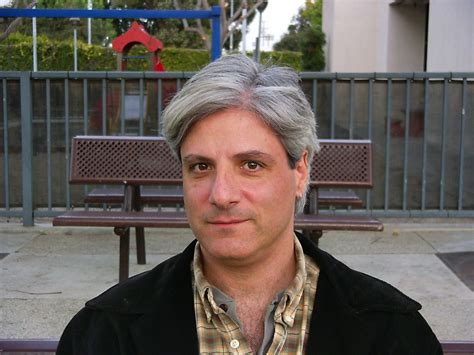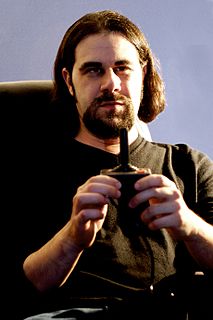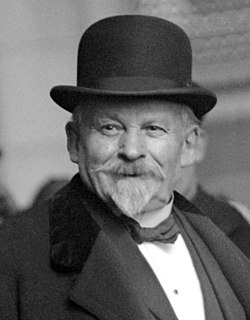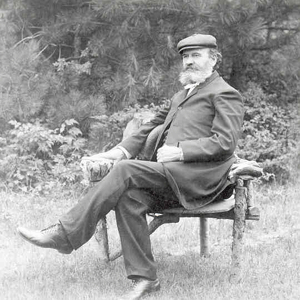A Quote by David L. Ulin
We possess books we read, animating the waiting stillness of their language, but they possess us also, filling us with thoughts and observations, asking us to make them part of ourselves.
Related Quotes
If the book we are reading does not wake us, as with a fist hammering on our skull, why then do we read? So that it shall make us happy? Good God, we should also be happy if we had no books, and such books as make us happy we could, if need be, write ourselves. But what we must have are those books which come upon us like ill fortune, and distress us deeply, like the death of one we love better than ourselves; like suicide. A book must be an ice-axe to break the sea frozen inside us.
This world and life of ours are filled with inequalities. The worst possible use to make of this fact, however, is to allow resentments to possess us. All of us have imagined limitations, but we have also the privilege of pushing them aside, and spreading our lives out! We never know any of our limitations until we put ourselves to the test. There are always "growing pains" working within us.
Let us read the Bible without the ill-fitting colored spectacles of theology, just as we read other books, using our own judgment and reason, listening to the voice within, not to the noisy babel without. Most of us possess discriminating reasoning powers. Can we use them or must we be fed by others like babes?
Wanting to know absolutely what a story is about, and to be able to say it in a few sentences, is dangerous: it can lead us to wanting to possess a story as we possess a cup... A story can always break into pieces while it sits inside a book on a shelf; and, decades after we have read it even twenty times, it can open us up, by cut or caress, to a new truth.
God who created us has granted us the faculty of speech that we might disclose the counsels of our hearts to one another and that, since we possess our human nature in common, each of us might share his thoughts with his neighbor, bringing them forth from the secret recesses of the heart as from a treasury.
The duties God requires of us are not in proportion to the strength we possess in ourselves. Rather, they are proportional to the resources available to us in Christ. We do not have the ability in ourselves to accomplish the least of God's tasks. This is the law of grace. When we recognize it is impossible for us to perform a duty in our own strength, we will discover the secret of its accomplishment.
All of us have many habits of whose import we are quite unaware, since they were formed without our knowing what we were about. Consequently they possess us, rather than we them. They move us; they control us. Unless we become aware of what they accomplish, and pass judgment upon the worth of the result, we do not control them.


































